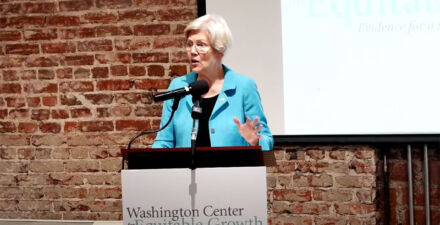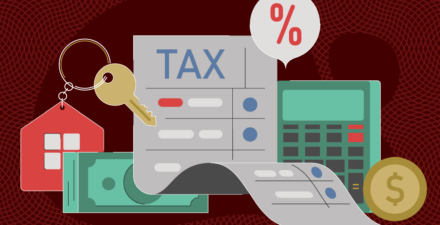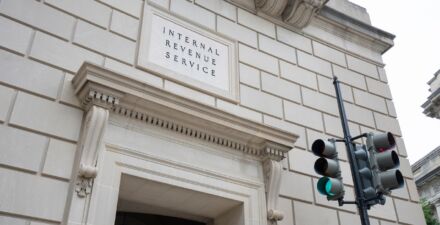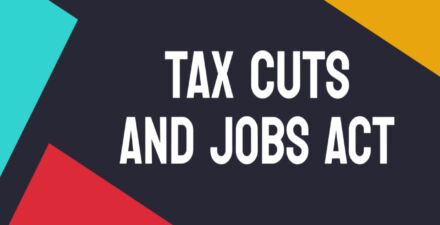Equitable Growth virtual event details how tax policies affect U.S. economic growth and could combat income and wealth inequality
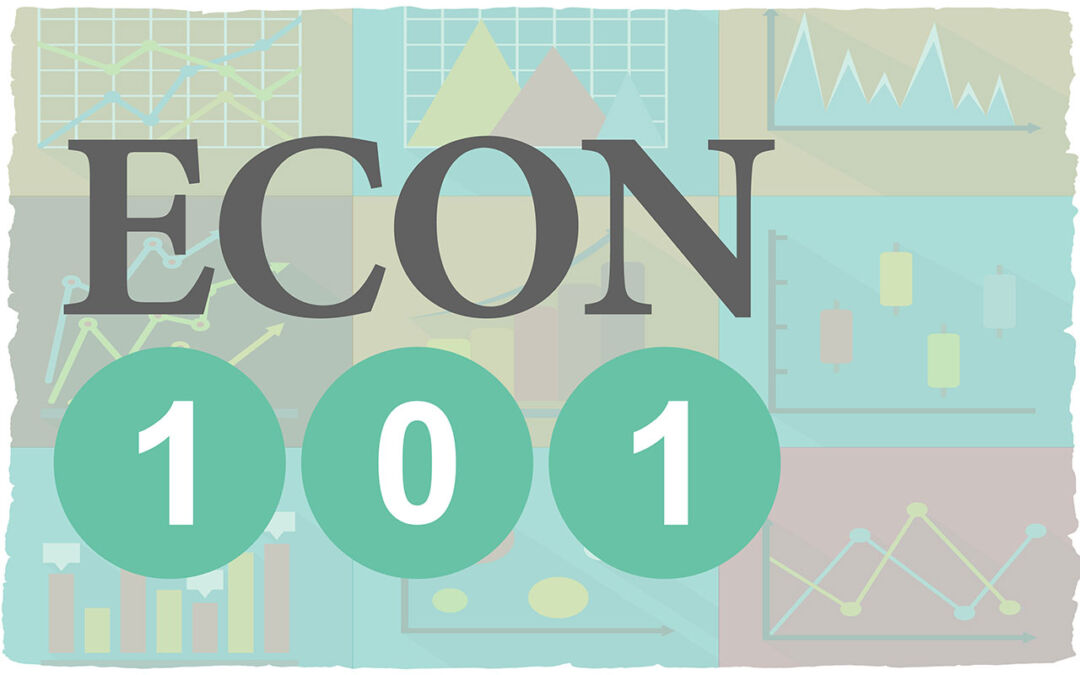
The Washington Center for Equitable Growth recently held the second in a two-part event series on tax policies for congressional staffers interested in learning more about using persuasive, evidence-backed arguments for how the tax code affects economic growth. The virtual event, part of Equitable Growth’s Econ 101 series, featured Senior Policy Fellow Michael Linden and Senior Fellow for Tax and Regulatory Policy David S. Mitchell, as well as introductory remarks from Janelle Jones, Vice President of Policy and Advocacy at Equitable Growth.
Jones first discussed the importance of pro-growth tax policies ahead of the 2025 expiration of many provisions in the Tax Cuts and Jobs Act of 2017 and then highlighted the goal of the event—to provide a depth of knowledge about the tax code for congressional staff as they prepare their bosses for policy debates next year.
Mitchell then gave a brief recap of the first tax policy Econ 101 event in September, after which Linden turned to debunking trickle-down economic theory, which argues that tax cuts for the very wealthiest people eventually “trickle down” to benefit the overall U.S. economy. Linden explained data that show how private investment in the economy has declined for most of the 21st century, despite lower tax rates for the rich over that same time period. He also detailed how the corporate tax cuts from the Trump tax bill in 2017 largely failed to deliver wage gains for workers.
Mitchell and Linden then explained how policymakers can achieve real pro-growth tax reform, namely by reducing income and wealth inequality, raising more revenue, and incentivizing competition and innovation. They then took turns presenting each of these three mechanisms.
Mitchell detailed the underlying economics behind the idea that inequality is a drag on growth—specifically how it obstructs, distorts, and subverts the economy and impacts rates of intergenerational mobility—before detailing how tax policies can play a role in reducing inequality, particularly corporate and estate taxes.
Linden then discussed how high-return public investments, such as in early childhood education, physical and social infrastructure, climate change mitigation, and research and development, also have an impact on economic growth. As things currently stand, public investment is near historic lows in the United States, exacerbated by tax cuts that reduced revenue. Allowing these tax cuts to expire in 2025, Linden explained, would raise revenue for the government to invest in these important physical and social infrastructure programs, in R&D, and in mitigating long-term fiscal risks potentially harmful to economic growth.
The promise of equitable and pro-growth tax reform
October 16, 2024
The Promise of Equitable and Pro-Growth Tax Reform
June 20, 2024
A third way to use the tax code to achieve equitable economic growth is by encouraging competition and thus more innovation. Linden detailed how tax policies can be used by lawmakers to reduce monopoly power to boost innovation and to address complex and ineffective incentives for businesses that can also lead to wasteful efforts at tax avoidance and planning.
Mitchell then dove into several illustrative policy examples before taking questions from attendees.
Review the presentation slides for more information.
Did you find this content informative and engaging?
Get updates and stay in tune with U.S. economic inequality and growth!


